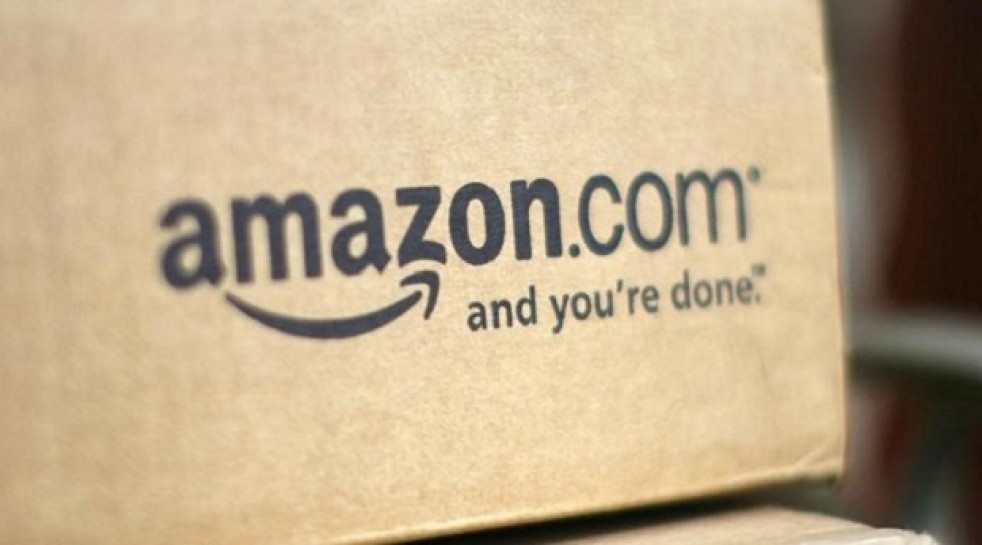If you believe that groceries, similar to most goods, are affordable online, it might be possible that you have not stepped into a brick and mortar shop eventually.

Goldman Sachs is slashing the perception that online companies such as BigBasket and Amazon have outsmarted brick and mortar sellers with improved costing in daily groceries and consumables. In a latest research survey, Goldman Sachs experts noted that BigBasket and Amazon traded personal care goods at 10–30% premium as compared to conventional supermarkets such as D-Mart. The report although forecasts that online ordering might contribute for 22% of the modern grocery retailing up from 3% of India in the next 5 Years.
While current retail is just a small fraction of entire Indian retail market, e-commerce in particular is at a promising phase.
In a bear market, e-commerce might witness the biggest development in modern grocery market of India as compared to conventional brick and mortar sellers. Conventionally, the grocery commerce has been a small margin business that needs constant spending to make a sturdy chain of supply.
“We think that there is an extra cost of almost 3–5% of trades for home delivery than buying from a shop or pickups from a delivery center. We think that users that value handiness over incremental price will use the option of home delivery, while cost-sensitive users will favor to pick up the deliveries.
BigBasket and Amazon also have the alternative of express delivery for an extra fee. In our usual case, we presume a quick acceleration in the acceptance of online shopping,” the report claimed, while wrapping the parent of D-Mart, Avenue Supermarket, which provides 10–15% more affordable than online grocers, as per sources
While D-Mart has presence in 132 areas all over the country, both Amazon and BigBasket have been inkling up their processes.
Amazon, with no worry for funds, has been forcing its grocery commerce with 2 products, Amazon Now and Pantry. Amazon Now is present in 4 cities with a pledge of a 2-hour delivery. Pantry is present in 34 cities and is for monthly grocery bulk trades.
###